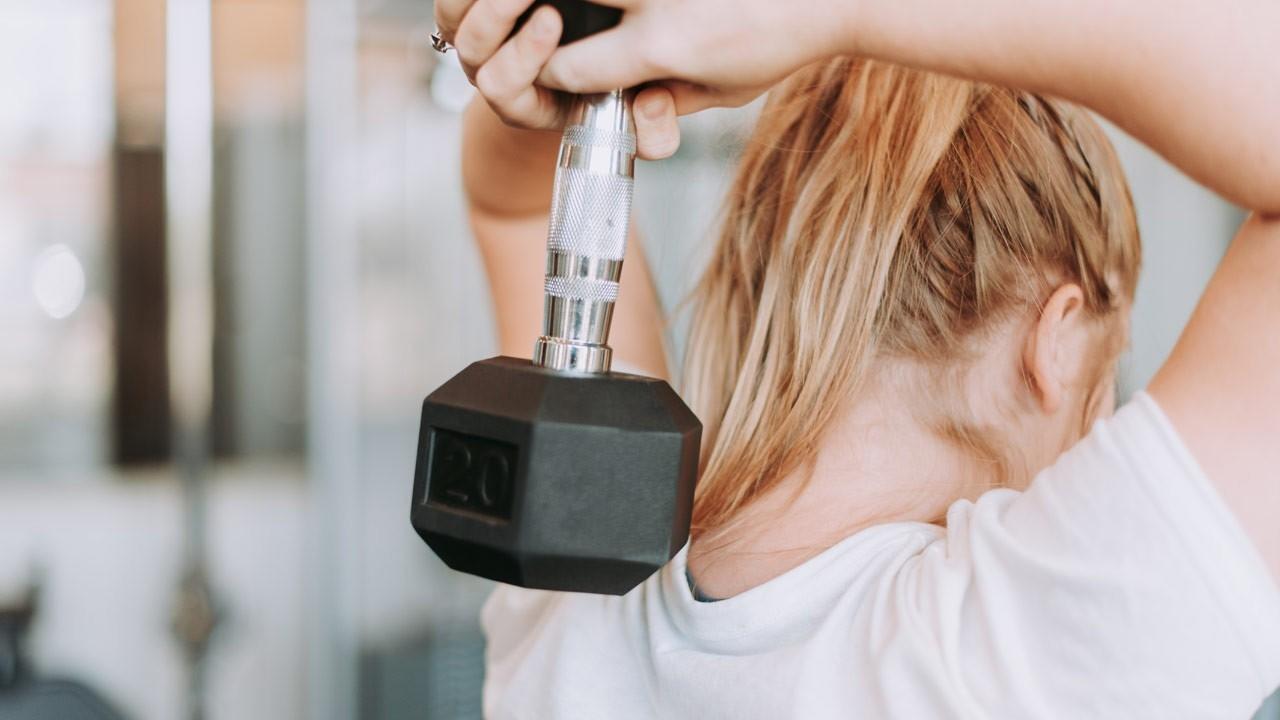I Was a Chiropractor Who Didn’t Believe in Yoga… Until This Happened
I didn’t come to yoga because it was trendy.
I came to it because my body was in pain, and nothing else was working.
As a chiropractor, I was doing everything “right.”
Adjustments. Acupuncture. Manual therapy.
And yet, my neck pain kept returning. Relief was temporary. Within days, the pain was back, again and again.
That’s when I began practicing yoga, not as a belief system, but as an experiment.
And something unexpected happened.
As I practiced consistently, my body began to change. Not just temporarily, but sustainably. Pain softened. Stability returned. Strength built from the inside out.
What truly convinced me wasn’t faith, it was experience.
I met teachers who had healed themselves through yoga. One had reversed the progression of multiple sclerosis alongside dietary changes. I began integrating yoga with therapeutic exercise, and I saw my patients improve faster, need fewer treatments, and regain confidence in their bodies.
In 2012, I knew I needed to understand yoga at its roots, no...
The Most Underrated New Year’s Resolution for Whole-Body Health
🎊 New year’s resolution 🌟 A simple and doable morning routine and maintaining a daily routine is crucial for both physical and mental health because it creates structure and predictability in an otherwise chaotic world 🌎
✅ A consistent schedule helps regulate the body’s internal clock, or circadian rhythm, leading to better sleep quality, improved hormone balance, and enhanced immune function.
✅ Part 2 of this video will cover diet but Regular meal times support stable blood sugar levels and healthier digestion, while built-in time for exercise promotes cardiovascular health, strength, and weight management.
✅ On the mental side, routines reduce decision fatigue, lower stress and anxiety by providing a sense of control, and foster productive habits that boost mood through the release of endorphins and accomplishment.
🌟 Ultimately, sticking to a daily routine isn’t about rigid perfection but about building a reliable foundation that allows the body and mind to thrive consistently...
Nutritional Tips for Athletes


Protein:
Protein helps maintain and support muscle formation and repairs within the human body. It can also help with energy. According to the Academy of Nutrition and Dietetics, they suggest that athletes should consume between 0.5 to 0.8 grams of protein per pound of body weight. (6)For example, an athlete weighing 150 pounds would consume between 82 to 136 grams of protein daily. Your best source of protein can be found in the following foods: meats, eggs, beans, seeds, nuts, sprouts, quinoa and nut butters. It is best to avoid proteins with processed soy, dairy, or pork and any lunch meats containing nitrates or nitrites.
Carbohydrates:
Carbohydrates are used to provide energy during a workout or athletic event. Foods that are highly processed or contain sugar unfortunately do not provide the body with adequate nutrition. Over time, processed carbohydrates can cause excess fat storages, low energy levels, and muscle loss. (4)The carbohydrates you want to avoid are the follo...
Sport Drink Replacements
Thinking about swapping out soda for a sports drink instead? This may sound like a healthier option, but most sports drinks sold in the United States contain higher amounts of sugar than other beverages. This adds calories to diets and is contributing to the national obesity epidemic.
Over the past three decades, U.S. children and adolescents have significantly increased their consumption of sugar-sweetened beverages, which many people assume only means sodas (1). But the beverages also include sweetened tea, fruit-flavored drinks, punches and sports drinks. A review published by Health Eating Research found that “Though the American Academy of Pediatrics recommends most children and adolescents shouldn’t consume sports drinks, more than 27 percent of parents believe sports drinks are healthy” (2).
Sports drinks are designed to replenish fluids that are lost during physical activity. The sugars in sports drinks provide carbohydrates to the muscles. However our bodies are only designe...
Strength Training
The measure of longevity?
Strength training has been shown to improve bone density, increase energy levels, improve metabolism, increase muscle strength and mass, and maintain stronger more resilient bodies. It’s been shown that seniors who strength train have fewer falls that those who don’t. Included in this article is a basic strength training program and journal for you to keep track of your workouts. Remember, strength training isn’t the only component of your workout routine! It should also include a good flexibility and aerobic training program.
Most of the exercises listed on the journal will need to be performed at a workout facility which requires a gym membership. All workout facilities should have someone to show you how to use the equipment and how to perform these exercises recommended. You can “Google” the name of each exercise and get a general idea of how to do each exercise.
The internet is full of videos and explanations on how to do various exercises. As always, ...
Flexibility Guide
This month we will address the flexibility component in exercise. Your exercise program should consist of 3 components: aerobic, strength training and flexibility. Aerobic exercise consists of any exercise that challenges your cardiovascular system for a sustained period of time. This would include running, jogging, walking, biking, elliptical trainer, etc. Be sure to read our October 2008 Newsletter for more details on Aerobic Exercise.
One of the most over looked parts of a workout program is warm up and flexibility. A warm up that includes stretching should always be performed before your workout. Many people skip their warm up and stretching routine to head straight to their aerobic workout. Next time you think about skipping your warm up ask yourself, “do I take 3 minutes today or 3 months tomorrow?”.
Stretching is VERY important when it comes to injury prevention, balancing muscle groups, improving physical performance, reduction of muscle soreness, and improving posture. If
...

